Hiring Decisions: Specialist, Generalist or ..
Entrepreneurial tech companies often face numerous needs and constraints from the outset:
Needs on hiring include:
- Team members who are committed, nimble, and flexible can seize short-term opportunities, that can help the company through tough periods on the path to achieving the long-term goals
- Clear and consistent team communication is vital for shared learning and reliability. Small teams learn and rely on each other. Share information to avoid losing it. Your team counts on you – be reliable, present and share insights.
- Early-stage companies need to focus on customer success as they depend on client trust, which requires taking a higher risk to work with them.
Constraints:
- Budget – Finances are often tight in small companies, so it’s crucial for every team member to make a significant contribution to generating results rather than just being busy.
- Supervision – Even though check-ins are available, receiving regular senior input without an in-person presence can be challenging.
- Iterations – Accurately capturing and delivering requirements within a limited time and capacity requires proper planning and attention to detail.
- Accuracy – attention to detail is needed, there is not a ‘clean-up crew’ available. “Spell-check” is a minimum requirement – accuracy is needed otherwise, credibility is lost.
So, with all these needs and constraints, the hiring questions that entrepreneurs often have:
– Do I hire a Specialist or a Generalist? This topic certainly inspires several other columns – but the interesting note is that the answer is “Yes”.
Small companies often don’t have sufficient work for a “Specialist” to stay in their zone all the time, but they do require this core skillset. They need everyone to ‘step up’, ‘help lift’, and serve multiple needs, just like the CEO is both “President” and “Chief Bottle-washer.”
So, is it Specialist or Generalist or..?
- T-shaped employees possess specialized skills in their field, along with a broader range of experience and knowledge. This means that they can carry out expert-level tasks within their specialization, while also being able (and willing) to take on a wider variety of tasks.
- Forbes and many others: “Why T-Shaped Teams Are The Future Of Work”
- T-shaped employees excel in their core responsibilities and also perform other tasks effectively…Their ability to contribute, pinch-hit and problem-solve makes them high-performers who can boost an org’s overall productivity. Forbes | Source
- Related Articles here and here.
At a high level, this can sound like being’ a great team member,’ but at an individual level, it is more than that. Companies need people who are very good at what they do, take pride in delivery and completion, and are also there to reach the common goal of the company when needed – but before asked.
Building a company is hard work, and hiring people who make it easier – is what we are all looking for.


